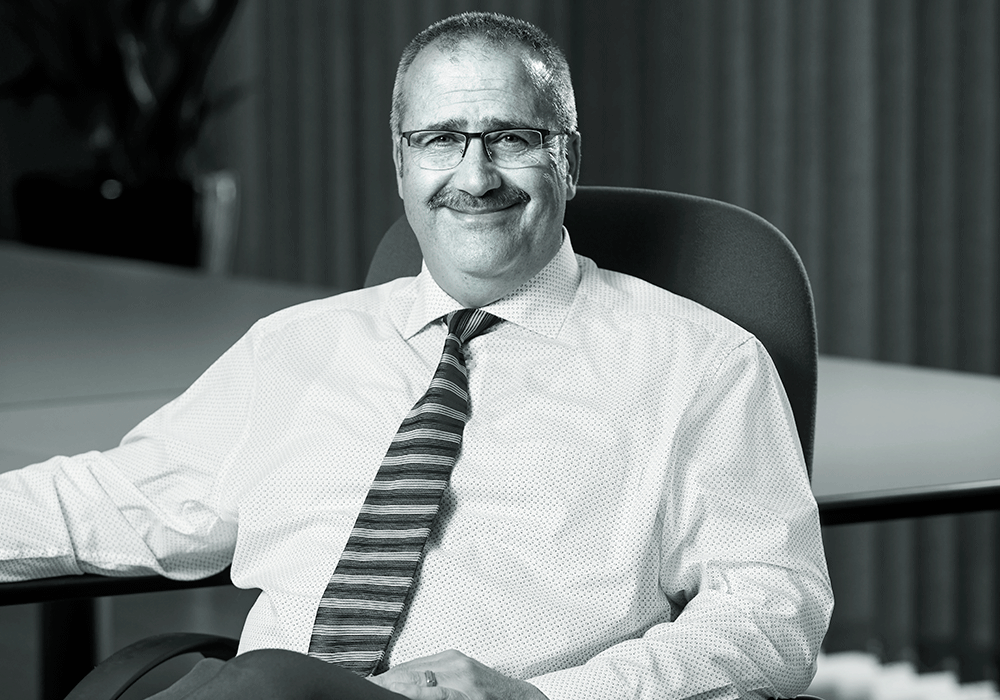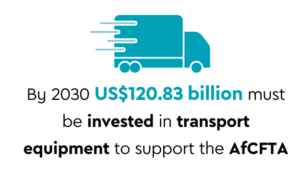A number of opportunities will manifest from Africa’s future development – a fast-growing and urbanising population, ramped-up industrialisation, closure of the infrastructure gap and removal of trade barriers, to name a few. Each of these has a common denominator, that being the need for innovative, effective, energy-efficient and sustainable building solutions and materials, one of which is steel.
In recovery from the pandemic and further long-reaching financial impacts of the Russia-Ukraine war, the global steel industry may be headlined as struggling. Yet, despite the grim reports, Willem van Heerden, business head of Safal Steel, has an optimistic view of the future, particularly applicable to the Africa market. Safal Steel is a member of the Safal Group – one of the biggest building-solutions providers in Africa, with operations in East and Southern Africa.
‘Two factors are going to see Safal Steel emerge from the challenges as a preferred and pre-eminent coated-steel supplier in Africa,’ he says. ‘First is our ability to manufacture high-quality products that anticipate market needs and thereby deliver better long-term outcomes; and second, our relentless focus on service excellence and customer responsiveness.’
These strategies are underscored by Safal Steel’s slogan, Building Africa with Pride, which is, essentially and crucially, according to Van Heerden, about added value and customer care, both of which are important for sustainability in the current market. This strategy is intrinsically linked to the adoption by the organisation, in 2021, of the True North process, which is essentially about lean-management processes that drive a company to reach its goals. Van Heerden explains that in the highly competitive steel-industry space, True North, in application, means the need to excel in service delivery and quality and, as such, Safal Steel required a review of its operational efficiency.
‘As part of the strategy to drive operational efficiency, we interacted with customers and other role players, including those internally, to clearly identify improvements and thereafter apply effective interventions. The result is the optimisation of product flow through our factory; the identification and demarcation of stock areas, which has eliminated double-handling and material damage; and the implementation of an optimised planning model, which enhances plant capacities and capabilities to ensure we deliver the agreed-to customer-service levels.’
These service levels are applicable across the entire range of delivery improvements, be that in support of developers, building owners, designers or installers who use Safal Steel products, as well as enhancements to internal processes. ‘We introduced an online warranty application that will dramatically speed up internal approvals. We also made a deliberate choice to focus on customer engagement, which brought about the introduction of specialised training programmes that improve collaboration across all levels in the long and complex steel value chain.
‘All of this is in addition to the always-on, trusted, relevant and prompt technical support that we continue to offer to our customer base,’ he says.
One of the major global imperatives of the entire heavy-industry sector, of which steel is one, along with iron and cement, is to lessen energy consumption through the chain to end-users. It is believed that implementing energy-efficient measures will help countries unlock a range of benefits, such as job creation, enhancement of competitiveness, strengthening of energy supply and, let’s not forget, protection of the environment and reduction of greenhouse gas emissions.
Safal Steel is embracing this sustainability challenge through product innovations that are designed to achieve optimal performance and investment returns from a building envelope. ‘We include the use of materials that are renewable or recyclable, which allows for more carbon-efficient buildings,’ says Van Heerden.
‘We supply our Zincal, Colorplus and Optima brands, which perform even in corrossive environments, such as solar harvesting. Further, we are endorsing energy-efficient building methodologies.’
None of these practices and/or strategies that Safal Steel has adopted comes without a high cost though, given the current state of the global steel industry.
Worldwide shortages resulted from the COVID-19 pandemic lockdowns, causing massive increases in steel prices. And just when the industry was beginning to recover at the beginning of this year, the Russian invasion of Ukraine caused yet another price spike due to the removal of steel and iron ore production capacity from those countries.
‘We have had to adapt to the ripple effect that these events brought about, as well as the newly implemented duties and tariffs in the US and EU, and escalating raw-material costs from the iron ore and coking-coal markets,’ says Van Heerden.
‘It does seem unlikely that steel prices will, in the near future, return to historical norms for some time, which is why we prefer to depend on our local principal supplier, the domestic steel producer ArcelorMittal South Africa. We are thus dedicated and committed to sourcing as much material from the continent to minimise cost impacts.’
Safal’s Zincal, Colorplus and Optima are designed to cater to Africa’s gruelling and differing climates, and to adhere to stringent quality parameters, the majority of which are defined by the South African Iron and Steel Institute, as well as the Department of Trade, Industry and Competition. The department is currently putting together a Steel Master Plan, which focuses on the sustainability of the local steel industry, and to whose implementation Safal Steel is a key contributor. This will no doubt have benefits for all Safal Steel clients across the continent.
‘The Steel Master Plan will guide the stabilisation and progress of the steel industry,’ according to Van Heerden. ‘Its implementation will cover immediate priorities within time frames of six months, one and three years. Programmes within the plan are grouped as supply-side; demand-side; AfCFTA; resource mobilisation; transformation; and human resource development. Ultimately the deliverables must ensure the sharpening of ongoing support measures that the industry needs, one being price and cost-competitiveness across all work streams, which has been identified as a key impediment to the development and growth of the steel sector.’
Of further concern to Safal Steel is how economies recover from the traumatic past three years, which is why it has stepped up its alignment to social responsibility initiatives. As Van Heerden points out, ‘we consider Safal Steel as Africa’s thought leader in world-class sustainable-building solutions, with a goal to positively and meaningfully impact on an economy – local or continental. We therefore work together with the makers, developers and creators that wish to make their mark on African soil. We take this deeper by continuing our focus and emphasis on being a responsible corporate citizen, ensuring that people and culture are a pillar to our growth strategy’.
This is not only an internal approach, where the launch of the Employee Recognition programme advances a culture of engagement with its own people, but also external. Safal Steel aligns to forums and programmes that aim to grow communities, provide employment, alleviate poverty and manifest improvements in the living conditions and standards of all South Africans. This approach is intended to have far-reaching positive impacts for all African nations where Safal Steel products are in use.
‘Business sustainability requires a reliance on forging stronger bonds between all role players. Regardless of the type of business, none of us will survive these challenging and demanding times if we don’t work together. More proactive private-sector engagements are needed, particularly during this period of recovery,’ says Van Heerden.
‘This approach is beneficial not only to Safal Steel but all who participate in being part of the sustained existence of Africa, which is the economic hub of the global world’s future. We will win only as one.’


















